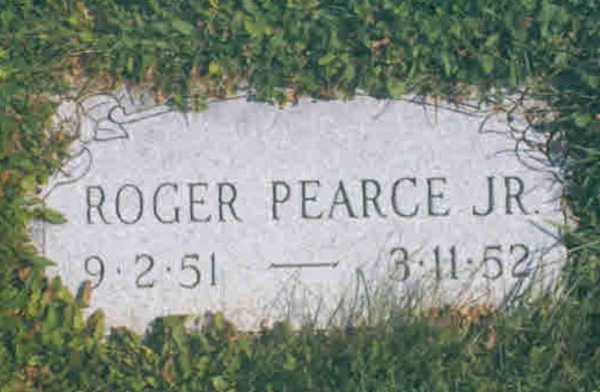In Sickness and In Health
Steve Reilly is not a man prone to outbursts. But when opposing counsel asked a judge to delay a deposition involving Reilly’s dying brother, he erupted, shoving papers off a table and yelling at the other lawyer.
This outpouring of emotion was the culmination of too many nonstop days spent covering for his brother, a fellow solo practitioner and office mate who had been diagnosed with an aggressive cancer only month earlier. Reilly had wanted to do everything he could for his brother, and that meant taking over his law practice. He sandwiched the extra work between his own, while maintaining a hospital vigil. But the stress and strain was clearly getting to him.
Unfortunately, Reilly is not alone. Every day, lawyers must cope with extended absences of colleagues, both unexpected and planned, due to illness, injury or family leave. While colleagues want to be sympathetic and help out, handling hundreds if not thousands of hours of extra work can take its toll.
According to Ann Arbor, Mich.-based law firm management consultant Austin Anderson, few law firms have policies for these situations. While he believes it is important to be prepared, those who have been in the trenches say that flexibility is the key to making a co-worker’s absence transparent.
Among the collegial administrative law judges in the California Department of Social Services, it’s common to cover for sick or injured co-workers, says Margaret Banez, an administrative law judge based in San Diego. Among the crises Banez and her colleagues have faced have been two instances of cancer and a major car accident. “Yes, it is another thing to do, and it is stressful, but when you understand why you are doing this, [it helps],” she says.
But Banez says co-workers also have to understand their limits. And accommodating those limits is where good management comes into play. “Our presiding judge has been very flexible, open and understanding, and that is what makes him a good manager,” she says. “You can go to him and express your concerns, and he is willing to work with you and the rest of the group. It makes for a better working environment.”
Communication and Contribution
Allowing the absent lawyer to have a say also is vital, says Lori Schechter, chairwoman of Morrison & Foerster’s litigation department. Two years ago, one of Schechter’s colleagues was diagnosed with breast cancer and needed immediate coverage for her work, including a 6-year-old, high-stakes case on the verge of trial.
Schechter felt it was important to allow her colleague to provide input on how her work would be handled during her absence. “The first thing we had to do was figure out what she wanted to do, because everyone handles this differently,” she says. The participation also allowed the lawyer to maintain a sense of self-worth and responsibility, which was important for her eventual return to work.
Communication also makes it easier on those who are taking on the added responsibility, says Grace Yang of the Tampa, Fla., office of Holland & Knight. Before Yang went on maternity leave, firm management assured her that her work would be covered but asked her to help them cover for her. Yang says being able to assist her colleagues also helped ease the transition when she returned to work. “I wanted to come back and not have people resent my being away. I wanted to try to help them, because they were helping me,” Yang says.
No matter how much work a lawyer takes on to cover for a colleague, the comfort of knowing that someone will be there in return can make swallowing such a bittersweet pill a bit more palatable.
G. Edgar James of Shugart, Thomson & Kilroy in Kansas City, Mo., estimates that he took on several hundred additional hours of work after a co-worker was out for eight months after a car accident. Although the work ate into family and personal time, he says it has given him a measure of comfort. “Picking up a couple of hundred extra hours to account for the loss of an attorney is no doubt a strain,” he says. “But it was countered by the good feeling and the appreciation and knowing that the same would be done for you.”



